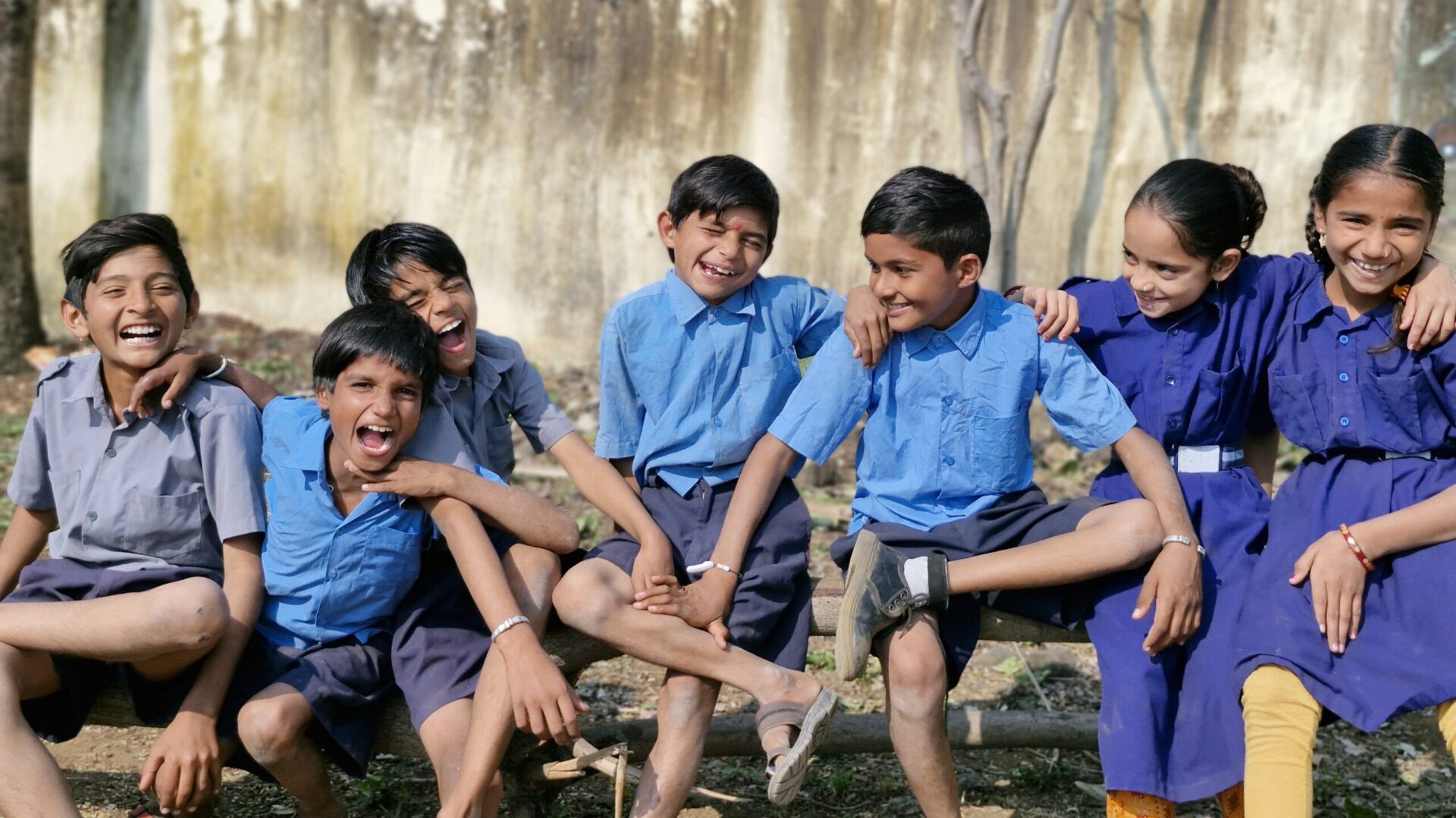For Fellows and staff working with children through Learning Companions
📘 Purpose
Learning Companions is committed to ensuring the safety, dignity, and rights of every child. This policy exists to help fellows understand what constitutes child abuse, how to respond appropriately, and what responsibilities they carry in preventing and addressing harm.
🔍 What is Child Abuse?
Child abuse refers to any behavior or failure to act that harms a child’s physical, emotional, mental, or social well-being. It includes the following categories:
| Type of Abuse | Description |
|---|---|
| Physical | Intentional physical force causing or risking harm (e.g. hitting, choking). |
| Emotional | Verbal or behavioral actions that demean, isolate, or threaten a child. |
| Neglect | Failure to meet basic needs (food, shelter, safety, education, healthcare). |
| Exploitation | Using a child for labor, profit, or others’ benefit (e.g. child labor). |
| Sexual Abuse | Any sexual activity involving a child, including harassment or pornography. |
🚩 Examples of Unacceptable Actions
Category 1 (Disciplinary and Verbal Offences)
- Slapping, duck-walking, ear-holding punishments
- Disrespectful or sarcastic language
- Ignoring or humiliating children
- Public comparisons or labeling (e.g. calling a child “lower order”)
- Discrimination based on gender, caste, ability, etc.
Category 2 (Severe Offences)
- Severe or repeated physical assault
- Illegal child adoption or marriage
- Child labor or hazardous work
- Use of a child for begging, trafficking, or extremist activities
- Sexual abuse or harassment
🧠 Common Barriers to Addressing Abuse
- Lack of awareness – Not recognizing abuse as abuse
- Lack of clarity – Unsure how or where to report
- Fear – Of confronting adults or reporting colleagues
🧭 What Should I Do?
If the abuser is another child:
- Speak with the child being harmed
- Observe and support the child consistently
- Talk to their parents
- Alert the Program Team if serious
If the abuser is a peer or youth group member:
- Assess your relationship with the individual
- Speak with them directly if safe
- Involve others only if needed for mediation
- Inform parents and Program Team if serious
If the abuser is a parent:
- Attempt dialogue with the parent
- Inform and consult the Program Team
- In extreme cases, involve community with Program Team’s help
If the abuser is a fellow or LC staff:
- Speak to them if possible
- Report to the Program Team if the abuse continues or is serious
If the abuser is a school staff:
- Speak to the staff member
- If unresolved, report to the Program Team
- Program Team will liaise with school leadership
📢 Reporting Protocol
All serious incidents must be reported to the Program Team. Delayed or ignored reporting can risk the child’s safety and Learning Companions’ integrity.
🧪 Reflective Assessment (for Fellows)
- Do I clearly understand what counts as abuse?
- Do I know how to respond if I see/hear abuse?
- Have I reflected on any bullying or discrimination I faced, and how it shaped me?
📍 Reminder
You are not alone. Preventing and responding to child abuse is a shared responsibility. Ask for help. Stay aware. Act early.
